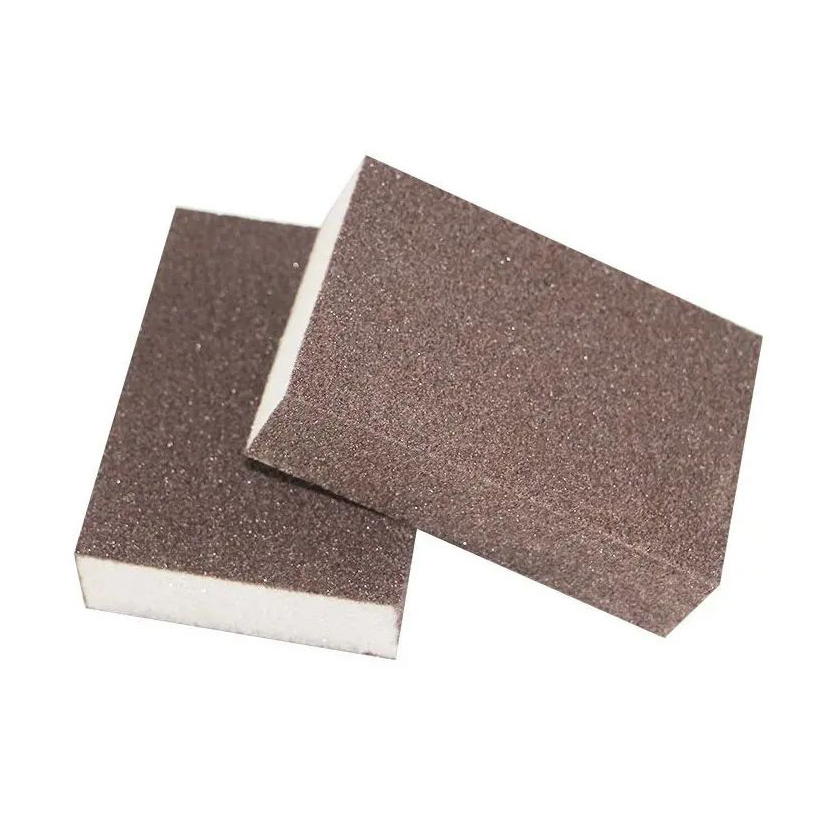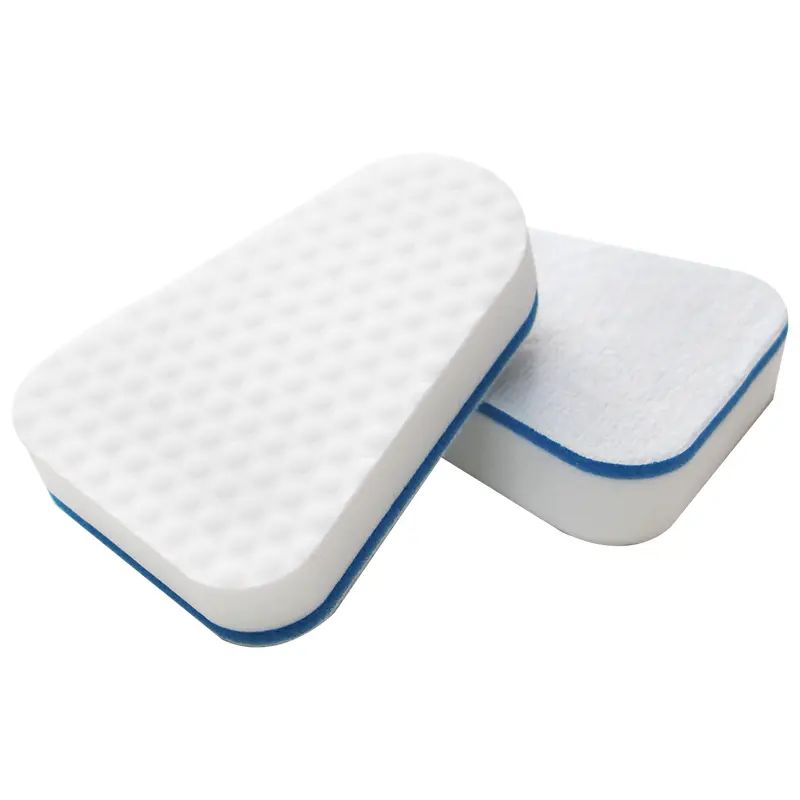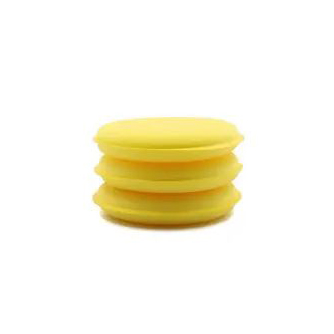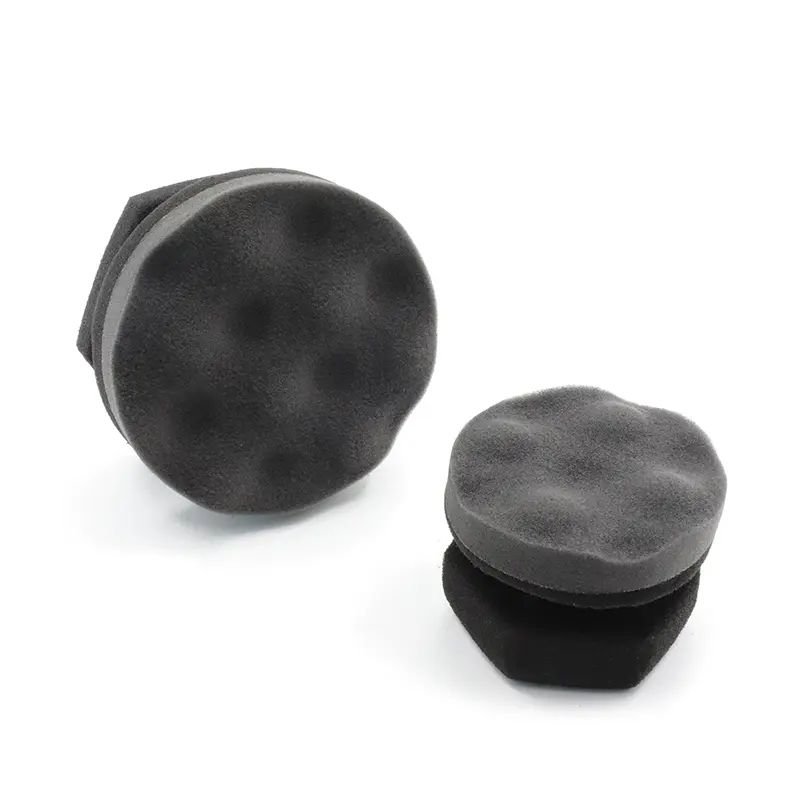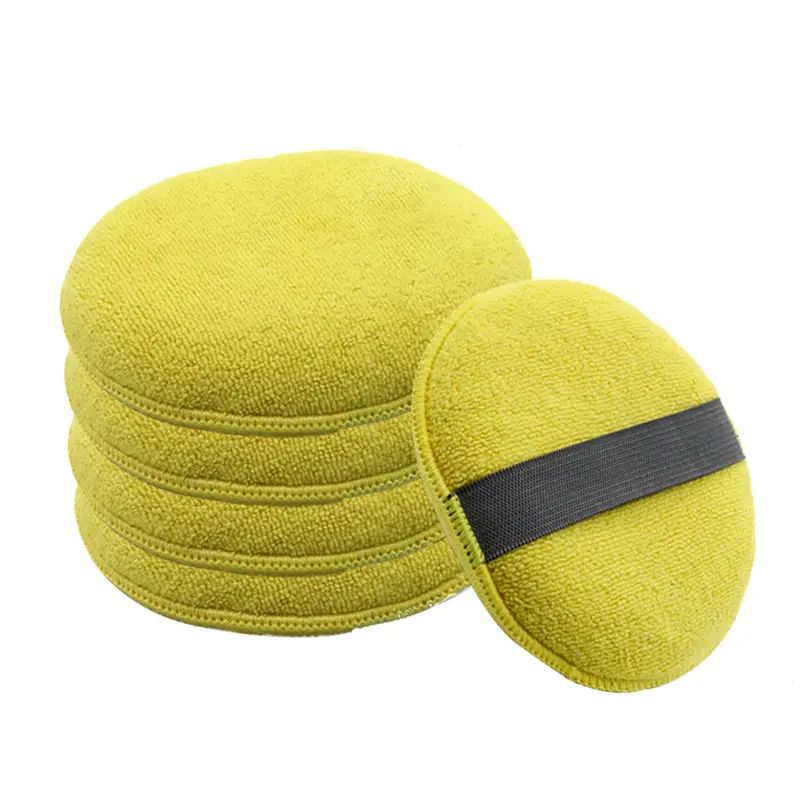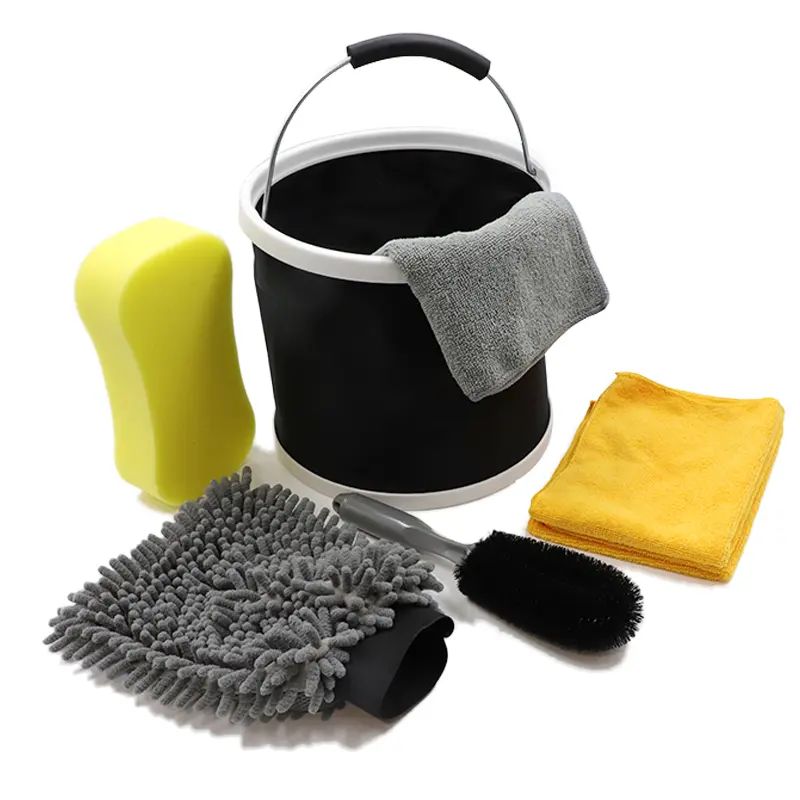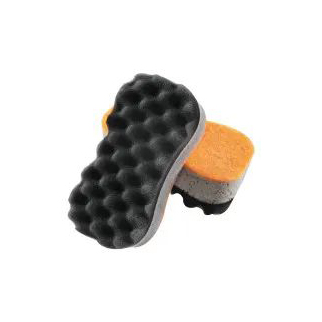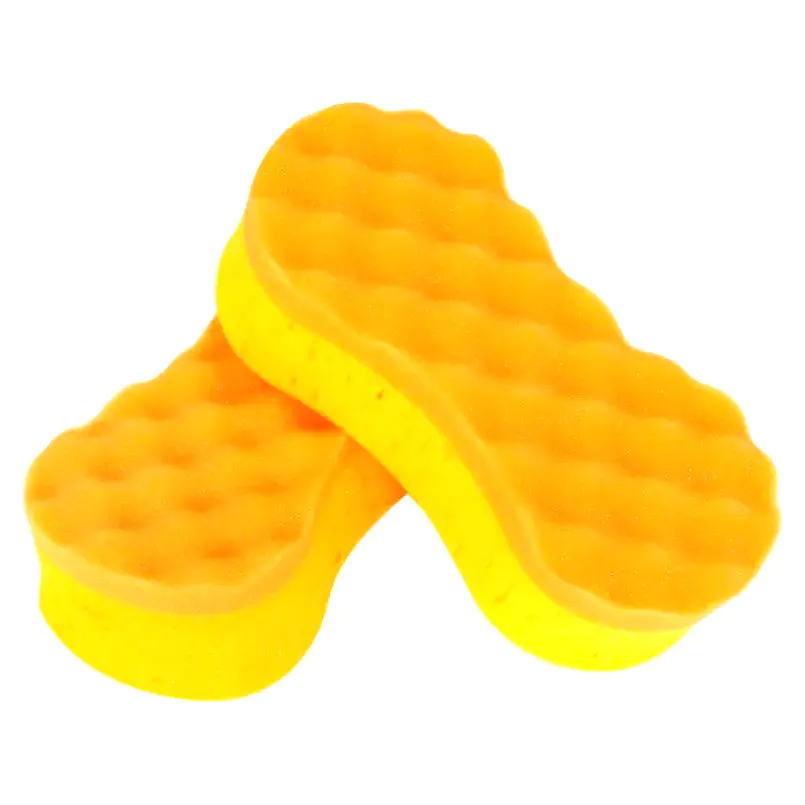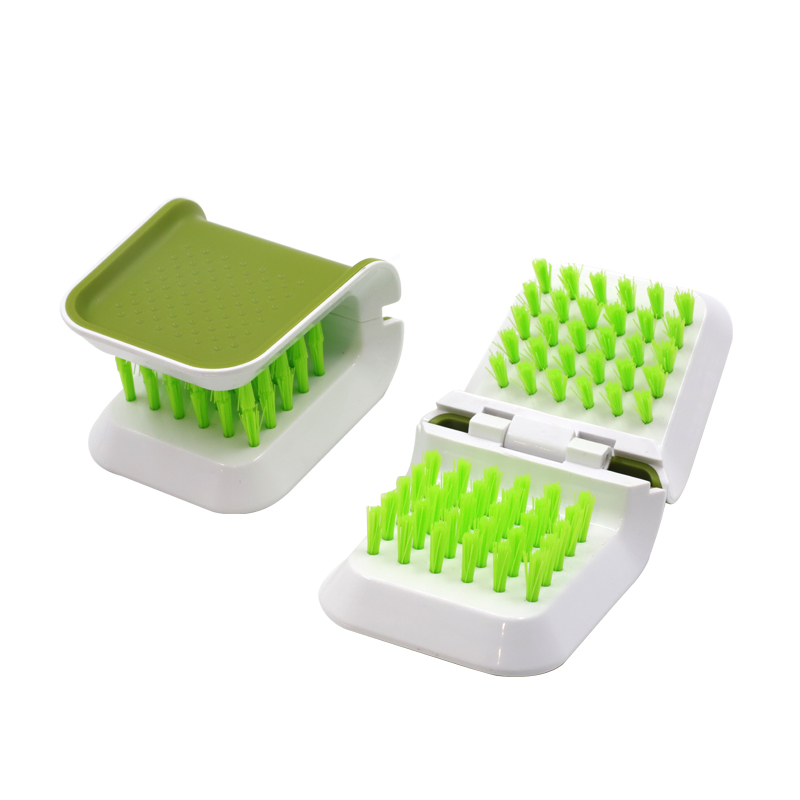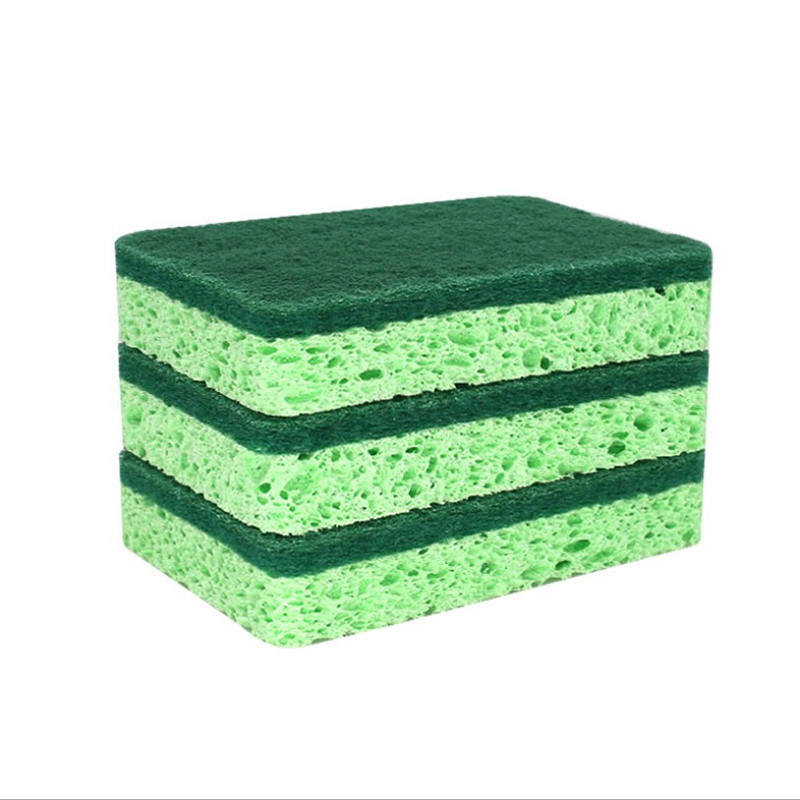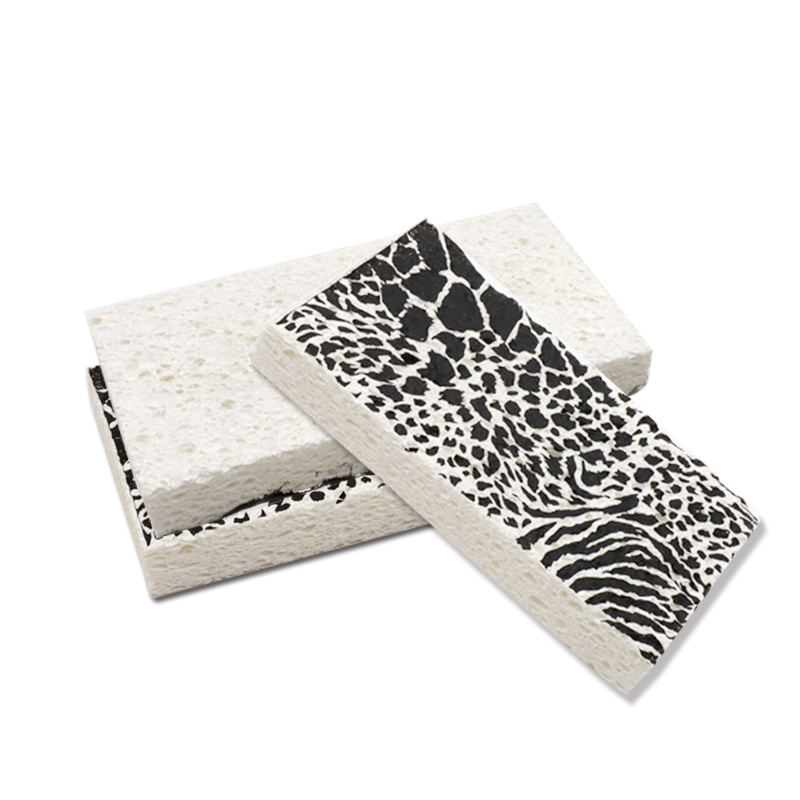Bath Sponge Cleaning Power Comparison: Regular Sponges vs. Fiber Sponges
Bath sponges are essential tools for many people during their daily shower routine, and choosing the right one can make a significant difference in the effectiveness, comfort, and overall experience. Two of the most common types on the market are regular sponges and fiber bath sponges. While both can help cleanse the skin, they differ in terms of cleaning power, durability, comfort, and skin-friendliness.
1. Cleaning Power Comparison
The cleaning power of a bath sponge is one of its most important functions. The material used in the sponge can significantly impact its ability to remove dirt, oils, and dead skin cells from your skin.
Regular Sponge: Regular sponges are typically made from soft natural or synthetic materials. Their main advantage is their strong absorbency, which creates a lot of foam during use, ideal for light, everyday cleaning. A regular sponge is effective at removing surface dirt such as sweat and light oil but has limited effectiveness when it comes to deep cleansing or exfoliating. Its cleaning power is moderate, making it suitable for people who don’t need deep cleansing or exfoliation.
Fiber Bath Sponge: Fiber bath sponges are usually made from synthetic fibers, plant fibers, or specialized weaving techniques, which give them stronger cleaning power. The unique structure of fibers can penetrate deep into the pores, effectively removing dead skin cells and exfoliating. The fine fibers can clean deeper into the pores, reducing the chances of clogged pores, blackheads, and acne. Compared to regular sponges, fiber bath sponges are more effective for people who need deep cleansing or regular exfoliation.
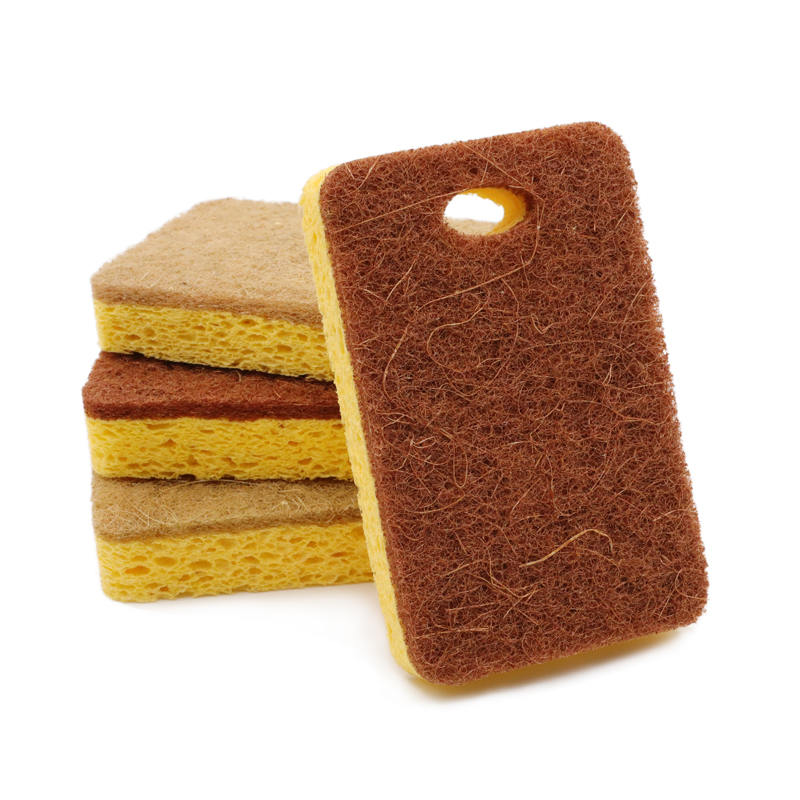
2. Comfort Comparison
Comfort is another important factor when choosing a bath sponge. It directly affects the feel of the bath, especially for those with sensitive skin.
Regular Sponge: Regular sponges are typically made from soft materials that provide a gentle and moderate level of friction. They don’t irritate the skin and offer a more comfortable, soothing experience, making them ideal for people who prefer a gentle cleansing experience. For those with sensitive or dry skin, regular sponges are unlikely to cause irritation, ensuring a soft and soothing bath. However, because of their softness, their cleaning power is somewhat limited, especially for tougher dirt.
Fiber Bath Sponge: Fiber bath sponges are generally firmer and more abrasive, providing a more noticeable friction during use. While this friction is what gives them their strong cleaning power, it may be uncomfortable for people who prefer a milder cleaning experience. This might especially be the case for people with dry or sensitive skin, where the scrubbing sensation could cause discomfort. Fiber bath sponges are flexible and durable, and they don’t damage the skin but help promote better blood circulation and can even tighten the skin over time.
3. Durability
The durability of a bath sponge determines its lifespan. More durable sponges maintain their cleaning ability longer, which means less frequent replacements.
Regular Sponge: Regular sponges are typically made from soft materials, which can easily wear out with frequent use. After prolonged exposure to water and air, they tend to lose shape, become worn, and may even emit odors if not dried properly. Due to their lower durability, regular sponges often need to be replaced every 2-3 months.
Fiber Bath Sponge: Fiber bath sponges are much more durable due to their fiber structure. Even with frequent use, they resist wear and tear and maintain their shape and elasticity. They usually last much longer than regular sponges and typically need replacing only every 6 months or more.
4. Skin-Friendliness
Skin-friendliness is important, as the materials used in the sponge can affect the skin, especially for sensitive skin types. Some sponges may cause irritation or allergic reactions.
Regular Sponge: Regular sponges are gentle and non-irritating, making them suitable for all skin types, especially those with sensitive skin. Their soft texture ensures a mild cleaning process that doesn’t lead to excessive friction or skin damage, making them an ideal choice for people with sensitive, dry, or delicate skin.
Fiber Bath Sponge: Fiber bath sponges tend to be more abrasive due to their structure. This means they might cause irritation for people with sensitive skin, especially if the skin has cuts, irritation, or conditions like eczema. However, fiber bath sponges can promote better blood circulation and skin tightening, which is beneficial for healthy skin. They are perfect for people who don’t have sensitive skin and prefer a more thorough cleanse.
5. Use Cases
Considering the intended use of the bath sponge is crucial, as different sponges are better suited for different cleaning needs and frequencies.
Regular Sponge: Regular sponges are better suited for daily cleaning, especially for light dirt. They are gentle enough for showering, facial washing, and cleaning the bathroom. If you have normal or sensitive skin and don’t require deep cleaning, a regular sponge will likely be a better option for your daily routine.
Fiber Bath Sponge: Fiber bath sponges are ideal for deep cleaning and exfoliation, especially for people who require regular exfoliation or pore cleansing. They are particularly effective for people with oily skin, large pores, or those who prefer more intensive skin care. Fiber sponges help remove dead skin cells and deeply cleanse the skin, which regular sponges cannot do as effectively.
Summary:
| Feature | Regular Sponge | Fiber Bath Sponge |
| Cleaning Power | Suitable for light daily cleaning, moderate effectiveness | Deep cleansing, effective for exfoliating dead skin cells |
| Comfort | Gentle and soothing, ideal for sensitive skin | Firmer texture, may be uncomfortable for sensitive skin |
| Durability | Less durable, needs replacement every 2-3 months | Highly durable, lasts 6 months or longer |
| Skin-Friendliness | Ideal for sensitive skin, non-irritating | Suitable for healthy skin, may irritate sensitive skin |
| Use Cases | Ideal for light cleaning and daily use | Ideal for deep cleaning and exfoliation |
From the comparison above, it’s clear that the regular sponge is best for light cleaning and sensitive skin, while the fiber bath sponge excels at deep cleaning and exfoliation. Depending on your skin type and personal care needs, you can choose the sponge that fits your bathing preferences best.
News Category
- Company News(31)
- Industry News(126)

 简体中文
简体中文 English
English Français
Français Português
Português 日本語
日本語 русский
русский Español
Español عربى
عربى